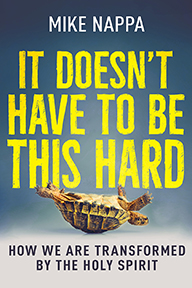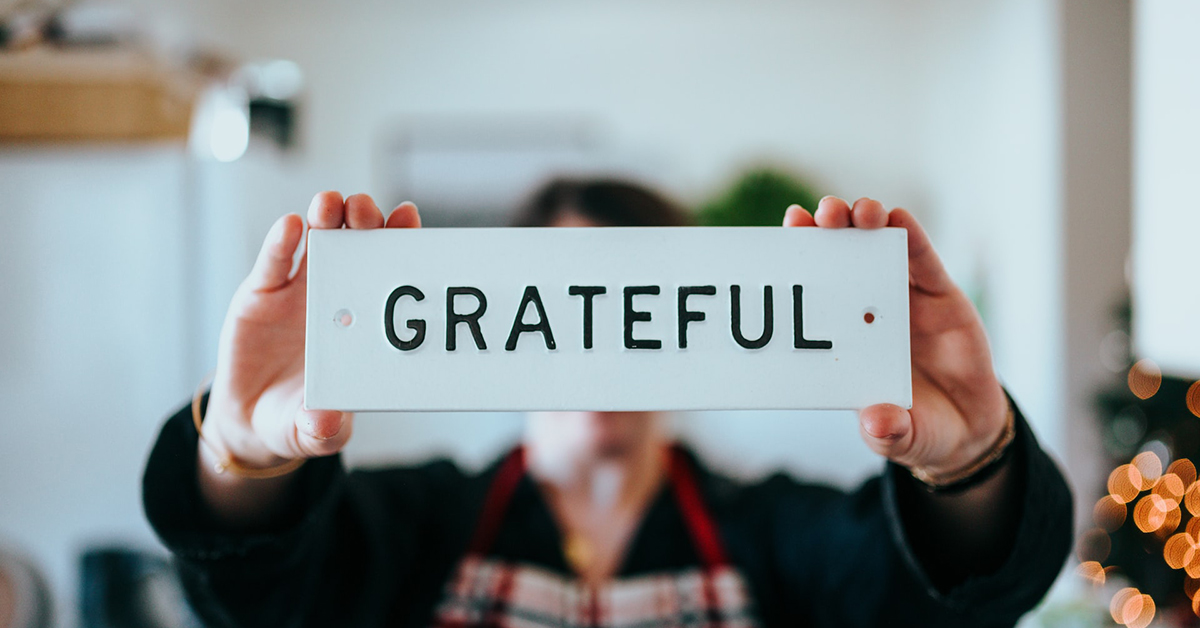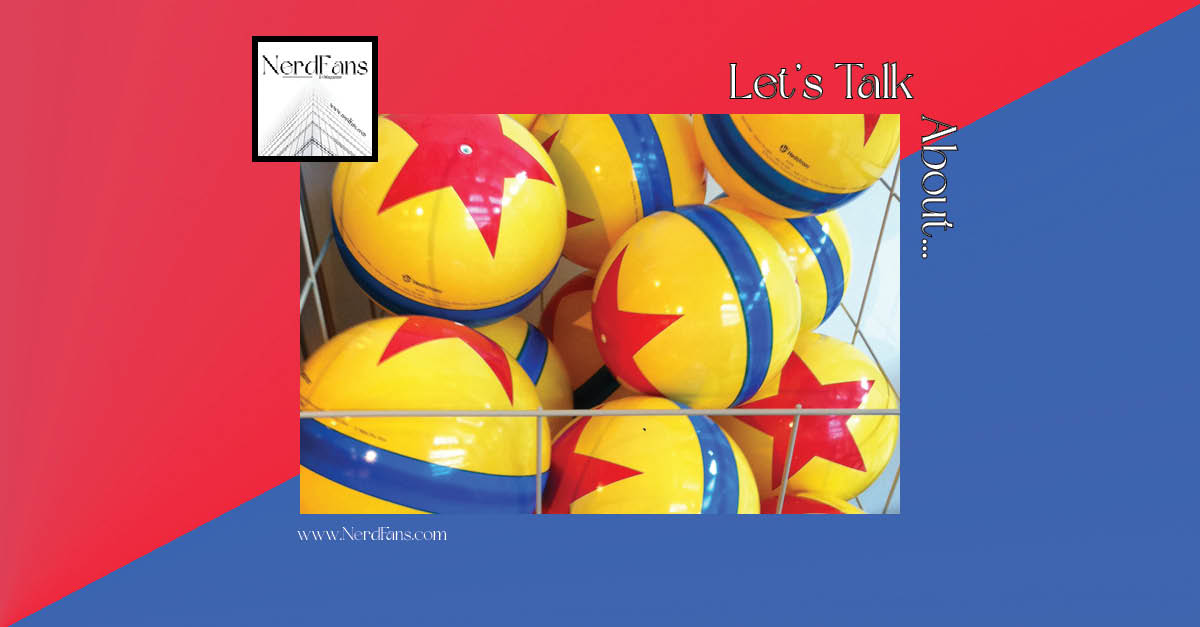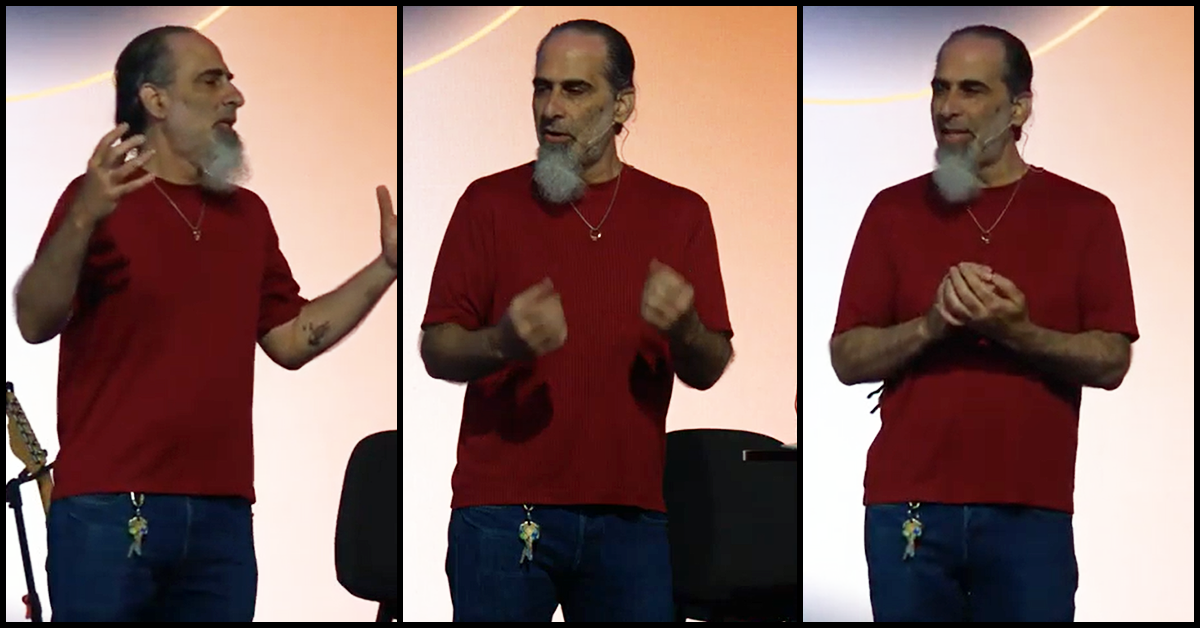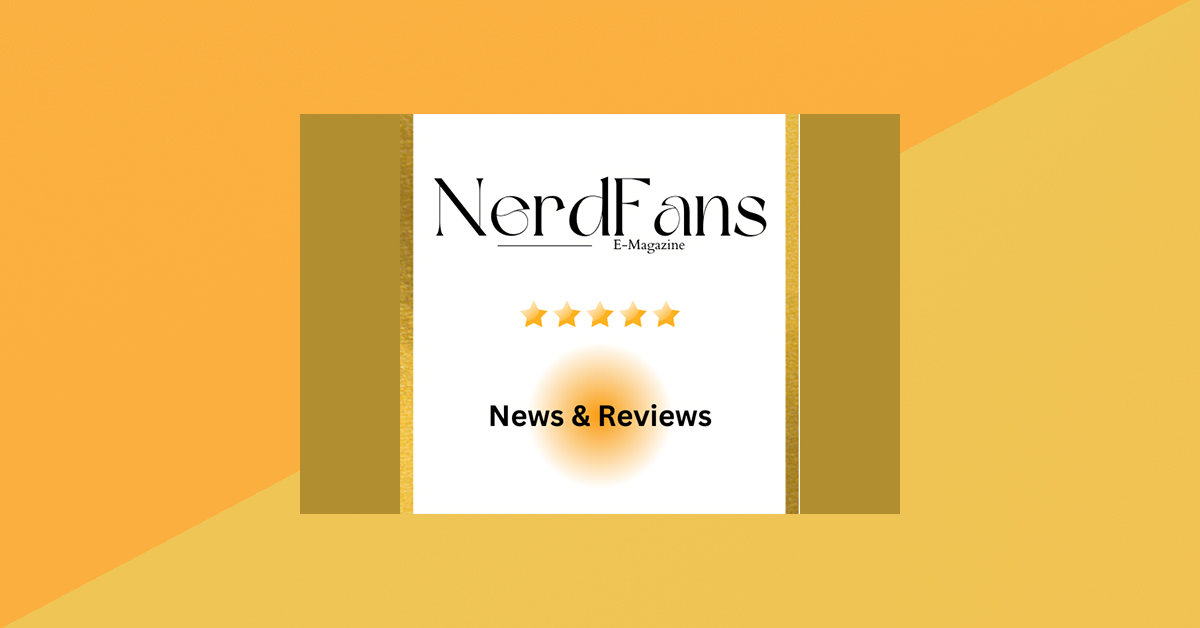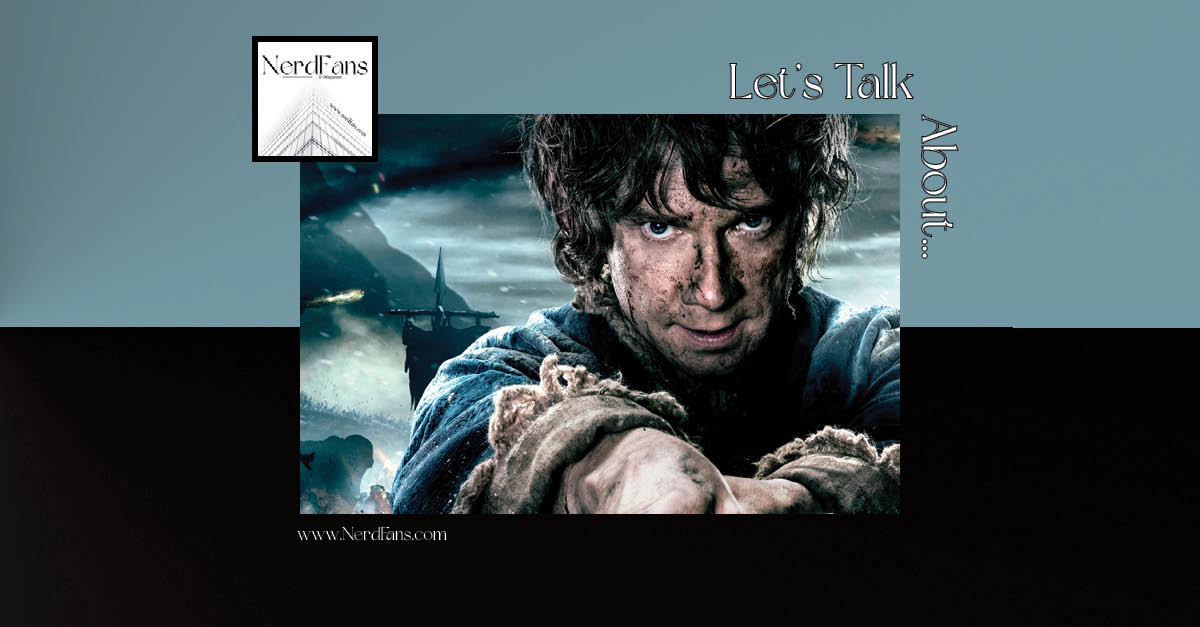A Sales Team reason for rejection
I know an author—let’s call him Clarkston—who wrote an award-winning inspirational book for women. Of course, the women who read that book (including the folks who bestowed the award) have no idea Clark wrote it.
“When I started looking at similar books in the market,” Clark told me privately, “I realized they were all written for women by women. Well, one of my relatives—a woman—is also an author. So I contacted her and asked if I could borrow her name in order to publish my book. She agreed, so I ghostwrote the book under her name. She got the byline. I got to publish a book I felt passionately about. Seemed like a fair deal to me.”
Yes, Virginia, there is a gender bias in publishing.
Now, before you get all pointy and self-righteous about that, remember we’re talking about the publishing world as it is, not as we wish it to be. And please be aware that the gender bias that governs many book decisions didn’t originate inside the publishing house. It’s simply a reflection of bias in the marketplace. If the majority of readers didn’t assume that men were generally inadequate in addressing female issues (and vice versa), my sales team wouldn’t either. But money runs the world, and if your money says no to a male author, well, I’d better go get a female author.
Of course not every publishing category has to deal with gender bias. Thanks to barrier-busting careers of people like Agatha Christie, Ursula K. Le Guin, Suze Orman, and others, women have easily gained widespread credibility in areas once dominated by men, and vice versa.
Ah, but when was the last time you saw a woman’s name attached to a book on trout fishing? Or man’s name on the cover of a romance novel? Or a woman’s byline on a superhero comic or graphic novel? Heck, it wasn’t until 2007 that DC Comics finally assigned a woman—lauded author Gail Simone—to be the regular, long-term writer for Wonder Woman, their most famous female superhero of all time.
The fact is that in some book categories, readers expect the author to be a certain gender. And that means my Sales VP does too.
If you happen to be someone trying to buck that kind of publishing expectation—say a man writing about beauty and fashion, or a woman writing about the greatest linebackers of the NFL—you’ve got an uphill battle ahead of you. Your gender alone may be enough to make my Sales VP decline your book.
What You Can Do About It
1. Try writing under your initials instead of your full first name.
Some people have had success simply adopting a gender-opposite pseudonym (George Orwell is a classic example of this), but I think the better option is simply to keep your own name and present it in gender neutral terms, using your first and middle initials in place of your full first name.
For instance, I once published a female suspense author named Tracy. For her byline, she preferred to use the initials “T.L.” in place of her first name. This practice is pretty common actually. It operates on the assumption that readers will assign their own gender preferences to the neutral initials. Sometimes that can be enough to remove a reader’s bias long enough for that person to buy your book—which means it may also be enough to eliminate gender as an obstacle for my Sales VP.
2. Consider a co-author of the opposite gender.
I know a male fiction author who writes very good romance novels. But, writing alone, he couldn’t get published in that genre. So he teamed up with a female romance novelist to publish a few love stories. The tactic worked. He eventually had significant success writing in that genre for a few years before moving on to something else.
However, you should be aware that this strategy also has its drawbacks. For instance, the male author I mentioned above ending up writing 90% of the books he “coauthored” with the female romance novelist. When they finally parted ways it was not as friends. Additionally, co-authoring a book requires a genuine collaborative spirit. This can be difficult if you’re the person who came up with the original idea.
So, in the end, I can’t say I’d recommend this strategy for everyone. But the truth is that it can sometimes work. Your call.
3. Viva la difference! (Long live the difference!)
Another tactic to overcome this obstacle is to emphasize it. You’ll want to try make this perceived weakness almost a history-making strength, unique to your project.
For instance, if you’re a man writing tips for growing prize-winning gardenias, you might title your book There’s a Guy in the Garden (And it’s About Time!). Or if you’re a woman writing about how the internal combustion engine works, you could tout yourself as “one of America’s leading female mechanics!”
This approach can be risky, but if done well, it can also make a big difference in the way my Sales VP views your book’s publishing potential.
Looking for more? Check out these links:



